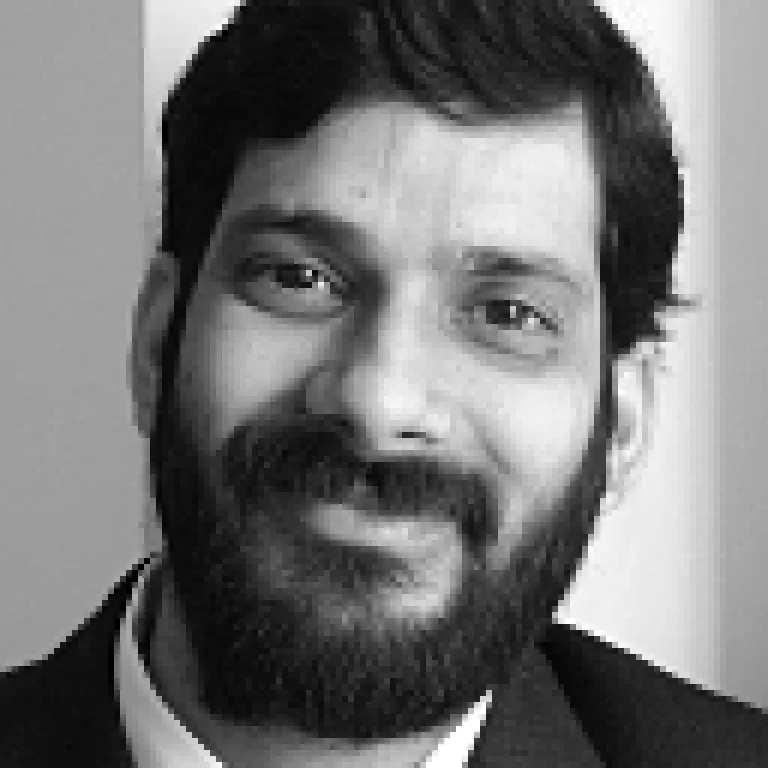
Prateep Nayak
Profile
Prateep Nayak is an Assistant Professor, School of Environment, Enterprise and Development, Faculty of Environment at the University of Waterloo. His research interests include understanding human-environment connections using conceptual elements from social-ecological systems, complex commons, environmental justice and political ecology. His current work explores the multi-level drivers and processes of alienation of fishing communities from the resource-base in India's Chilika Lagoon, and aims to determine the implications of such disconnect for social-ecological sustainability. Prateep envisions a new role for the state - one that enables a non-threatening atmosphere in which rural communities are empowered to form their own identities. Prior to pursuing his doctoral studies at the University of Manitoba, Prateep worked as a development professional in India on issues around community-based governance of land, water and forests, focusing specifically at the interface of research, implementation and public policy. In doing so he was associated with Vasundhara and the Foundation for Ecological Security, both environmental NGOs of national and international repute. Some of his publications include: Whose marginalisation? Politics around environmental injustices in India’s Chilika lagoon (with Berkes 2010); Rural out-migration and resource dependent communities: Lessons from Mexico and India (with Robson, 2010); Politics of Co-optation: Community forest management vs. joint forest management in Orissa, India (with Berkes, 2008); Adaptive community forest management: Some emerging trends in India (Lebel et al, eds., 2007); Institutional approaches in natural resources management and sustainability (with Haque, 2005).
Experience as a Trudeau Scholar
It has been a privilege for me to be a Trudeau Scholar and I feel deeply honoured by the prestigious scholarship. The Trudeau scholarship has meant a very high level of recognition to my years' of work involving natural resources and rural communities, and addressing issues of environment, human rights and social justice. It has also bestowed on me an immense responsibility of continuing the good work at a much larger scale now.
The Trudeau Scholarship symbolizes strength, courage and confidence for me. It has been a constant source of multiple energies to stay engaged in the larger academic as well as in the practical world. The strength and energy it epitomizes are not limited to financial support only but also transcend moral, intellectual and political grounds. It has offered me the best possible financial support to undertake my doctoral work in an innovative and result-oriented manner. The scholarship has granted me the freedom and the peace of mind to engage in my studies and investigations without having to worry about the material aspects of graduate research, and conducting longitudinal field studies at international locations. It has connected me with a group of thinkers, intellectuals and policy advocates who have inspired me to see the bigger picture rather than limiting myself to the doctoral thesis only. Consequently, I was able to focus on many other relevant activities along with the doctoral work. I can say that the support from the Foundation and my collaborations with the Foundation community has fostered similar linkages elsewhere in the world, many of which will continue in the future. The Foundation community offers an excellent platform to be intellectually challenged and to draw motivation from to support my future work. My association with this highly multidisciplinary group of people strengthens my conviction that academic work, including its linkages to public policy and practice, is not an end in itself rather it is a creative process that must be nurtured to continue on.

